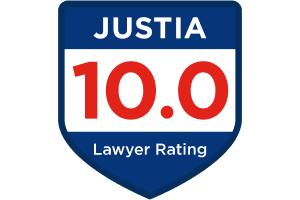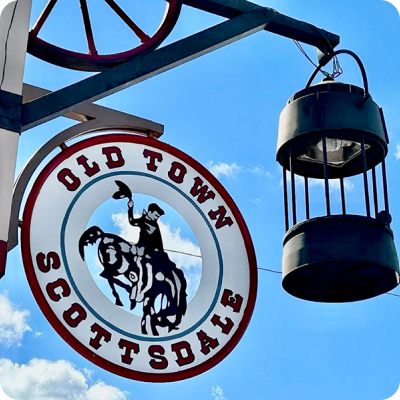Do You Really Need A Trust?
Although many people equate “estate planning” with having a will, there are many advantages to having a trust rather than a will as the centerpiece of your estate plan. While there are other estate planning tools (such as joint tenancy, transfer on death, beneficiary designations, to name a few), only a trust provides comprehensive management of your property in the event you can’t make financial decisions for yourself (commonly called legal incapacity) or after your death.
One of the primary advantages of having a trust is that it provides the ability to bypass the publicity, time, and expense of probate. Probate is the legal process by which a court decides the rightful heirs and distribution of assets of a deceased through the administration of the estate. This process can easily cost thousands of dollars and take several months to more than a year to resolve. Or course, not all assets are subject to probate. Some exemptions include jointly owned assets with rights of survivorship as well as assets with designated beneficiaries (such as life insurance, annuities, and retirement accounts) and payable upon death or transfer on death accounts. But joint tenancy and designating beneficiaries don’t provide the ability for someone you trust to manage your property if you’re unable to do so, so they are an incomplete solution. And having a will does not avoid probate.
Of note, if your probate estate is small enough – or it is going to a surviving spouse or domestic partner – you may qualify for a simplified probate process in your state, although this is highly dependent on the state where you live and own property. In general, if your assets are worth $100,000 or more, you will likely not qualify for simplified probate and should strongly consider creating a trust. Considering the cost of probate should also be a factor in your estate planning as creating a trust can save you both time and money in the long run. Moreover, if you own property in another state or country, the probate process will be even more complicated because your family may face multiple probate cases after your death, one in each state where you owned property – even if you have a will. Beyond the cost and time of probate, this court proceeding that includes your financial life and last wishes is public record. A trust, on the other hand, creates privacy for your personal matters as your heirs would not be made aware of the distribution of your assets knowledge of which may cause conflicts or even legal challenges.
A common reason to create a trust is to provide ongoing financial support for a child or another loved one who may not ever be able to manage these assets on their own. Through a trust, you can designate someone to manage the assets and distribute them to your heirs under the terms you provide. Giving an inheritance to an heir directly and all at once may have unanticipated ancillary effects, such as disqualifying them from receiving some form of government benefits, enabling and funding an addiction, or encouraging irresponsible behavior that you don’t find desirable. A trust can also come with conditions that must be met for the person to receive the benefit of the gift. Furthermore, if you ever become incapacitated your successor trustee – the person you name in the document to take over after you pass away – can step in and manage the trust’s assets, helping you avoid a guardianship or conservatorship (sometimes called “living” probate). This protection can be essential in an emergency or in the event you succumb to a serious, chronic illness. Unlike a will, a trust can protect against court interference or control while you are alive and after your death.
Trusts are not simply just about avoiding probate. Creating a trust can give you privacy, provide ongoing financial support for loved ones, and protect you and your property if you are unable to manage your own assets. Simply put, the creation of a trust puts you in the driver’s seat when it comes to your assets and your wishes as opposed to leaving this critical life decision to others, like a judge. To learn more about trusts – and estate planning in general, including which type of plan best fits your needs – contact us today.
Ben E. Connor, Esq.
The Connor Law Firm, PLC
9777 N. 91st Street, Suite C-103
Scottsdale, Arizona 85258
800-679-6709 (toll free)
480-296-2069 (local)
Ben@ConnorLegal.com
www.connorlegal.com







